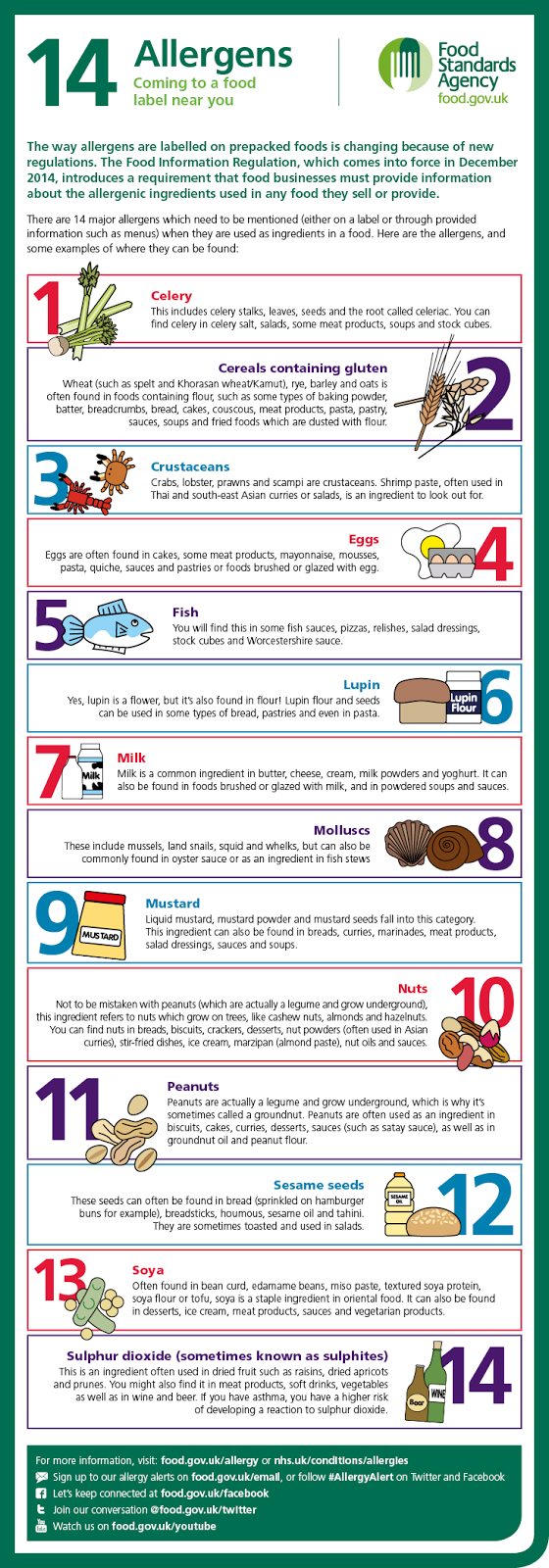The information is compiled by the FSA from returns by local authorities and it gives the FSA a detailed breakdown of enforcement activity across the country.
The figures show an increase in a number of areas of local authority enforcement activity, and levels of hygiene compliance in food business, in spite of reported staffing reductions.
John Barnes, Head of Local Delivery at the FSA, said: 'The figures this year show business hygiene compliance levels are continuing to improve with 91.7% of food businesses equivalent to FHRS level 3 or above. There’s also been a notable increase in food sampling by local authorities to check food authenticity and to make sure food is what it says is, is safe and is properly labelled.
'These are very positive developments and it’s good to see that local authorities are continuing to target their work in the face of lower staffing levels, which have continued to fall and which reduced by 3.2% in 2013/14 compared with the previous year.
'We’re very aware of staffing pressures at local authorities and we are working with senior colleagues across the UK to ensure that effective controls are in place in local authorities to protect both local consumers and legitimate food businesses.'
Article courtesy of the Food Standards Agency



